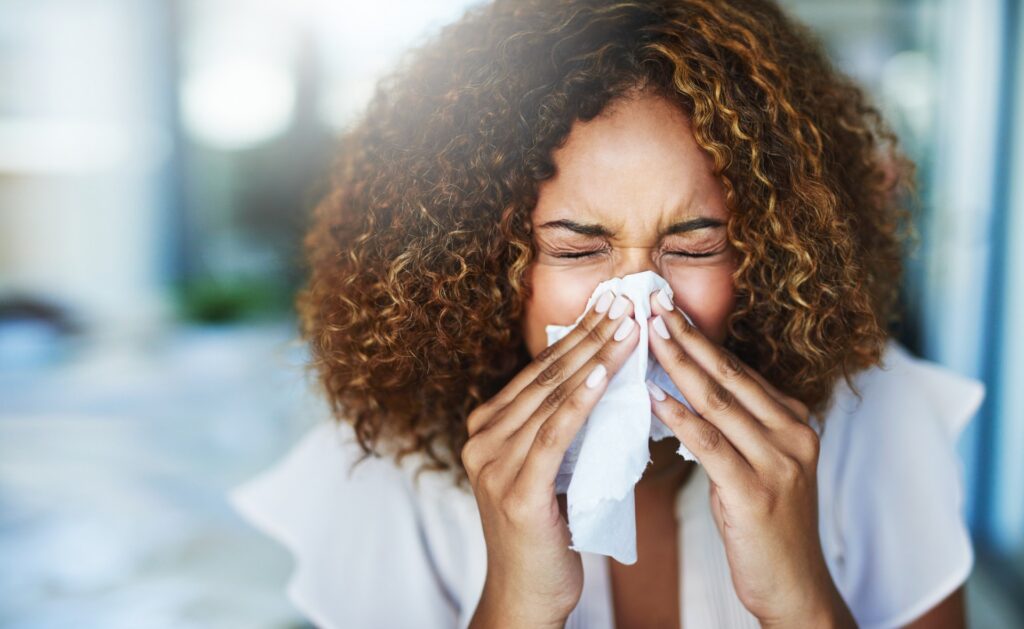18/10/2023
18/10/2023

NEW YORK, Oct 18, (Agencies): As the colder months arrive, so does the annual cold and flu season. It seems like everyone is suddenly battling sneezes, sniffles, and more as if these troublesome viruses are ushered in with the winter chill. But why does this happen when germs are present all year round, even during the summer?
Scientists have made a groundbreaking discovery, revealing the biological explanation for the winter surge in respiratory illnesses. Cold air appears to adversely affect the immune response within our nasal passages. Dr. Zara Patel, a rhinologist and professor of otolaryngology at Stanford University School of Medicine, believes this is a significant step in understanding our immune system's response to cold temperatures.
According to a 2022 study published in The Journal of Allergy and Clinical Immunology, a small temperature drop of just 9 degrees Fahrenheit or 5 degrees Celsius within the nasal passages can reduce the effectiveness of billions of bacteria-fighting cells and viruses by nearly 50%. Dr. Benjamin Bleier, the study's author, explains that this decrease in temperature effectively halves our immunity. However, it's crucial to note that these findings are based on in vitro studies, which use lab-cultured human tissue to explore immune responses and do not replicate conditions inside a living person's nose.
To understand this phenomenon further, Dr. Bleier and his team embarked on a scientific quest. When a respiratory virus or bacteria enters the nose, it's detected at the front before the back of the nose becomes aware of the intrusion. Cells in the nose start producing extracellular vesicles (EVs), small structures designed to combat viruses. EVs act as decoys, trapping viruses and preventing them from reaching cells, and they are expelled into nasal mucus, stopping germs from multiplying.
When under attack, the nose increases EV production by 160%, and these vesicles have more receptors on their surfaces, enhancing their virus-fighting capabilities. MicroRNA, a virus-killing component, is also more abundant in EVs compared to regular cells.
However, cold weather weakens these immune advantages. Exposure to temperatures as low as 40 degrees Fahrenheit for 15 minutes can reduce the nasal temperature by up to 9 degrees Fahrenheit. This slight chill diminishes the effectiveness of extracellular vesicles, reducing their ability to fend off invaders and decreasing the number of receptors, making them less sticky. The result? A weakened immune system, reduces our ability to combat respiratory infections by half.
Interestingly, masks offer an unintentional remedy. Apart from preventing direct virus inhalation, they act as a "nose sweater," as suggested by Dr. Bleier. Maintaining a warmer intranasal environment can help the innate immune defense system work better, making masks even more valuable.
Looking forward, Dr. Bleier anticipates the development of topical nasal medications that can trick the nose into responding as if it's encountered a virus, enhancing our nasal defenses. While winter's cold air may weaken our immunity, scientific progress is poised to offer innovative solutions to enhance our defenses against seasonal illnesses.


